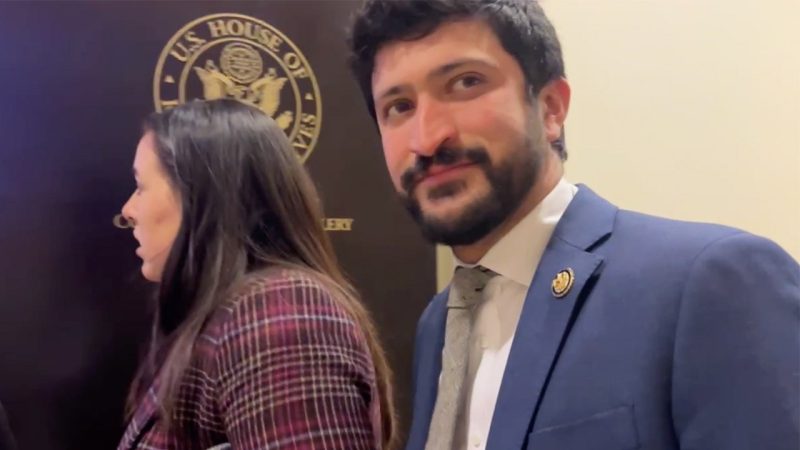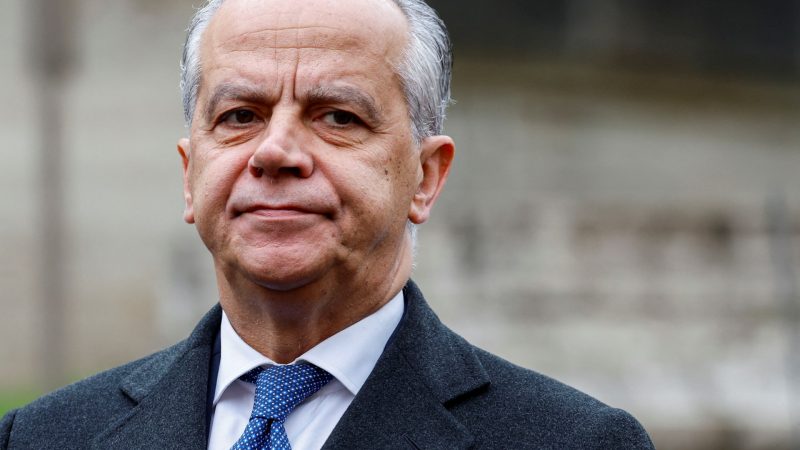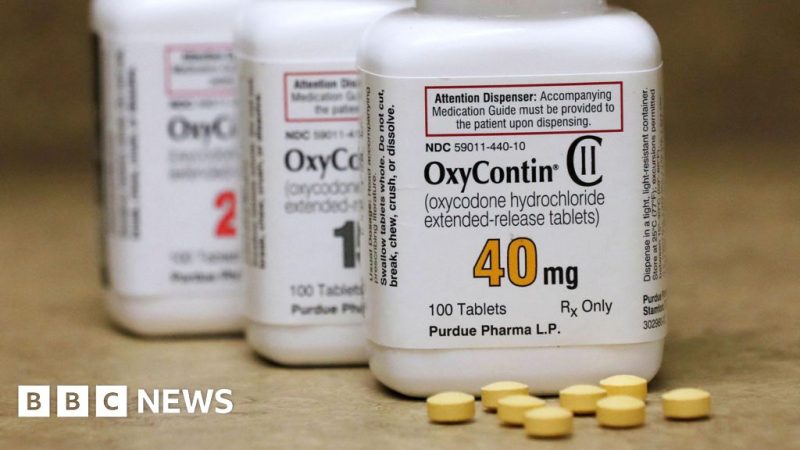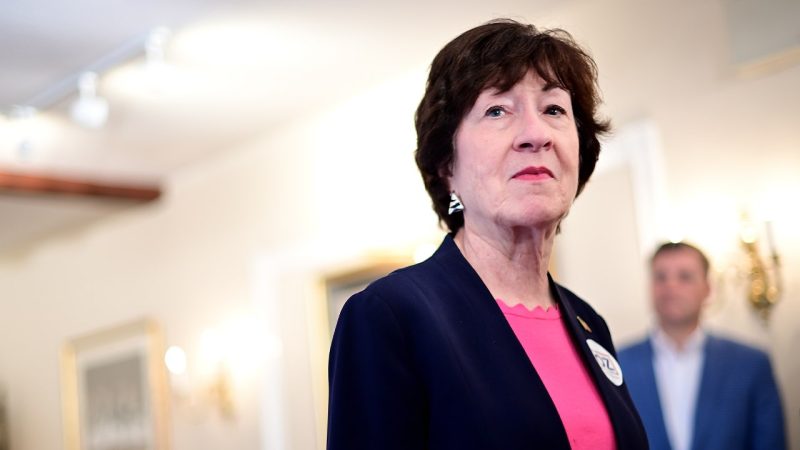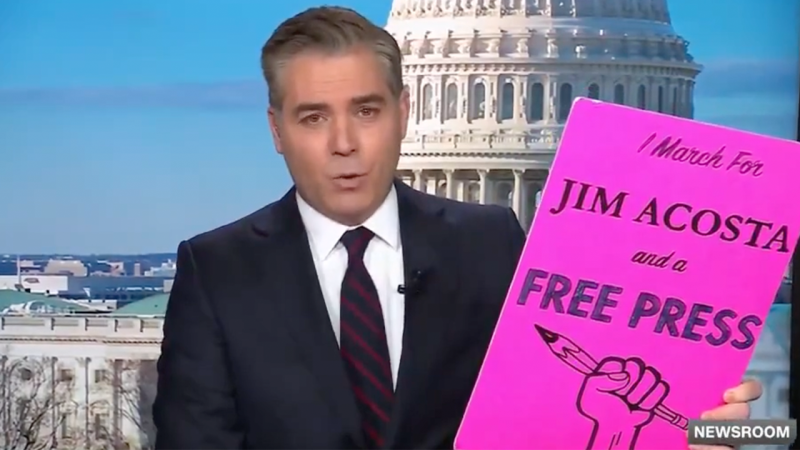Beyond the US election: Seven stories that shaped the Americas in 2024 | Politics News
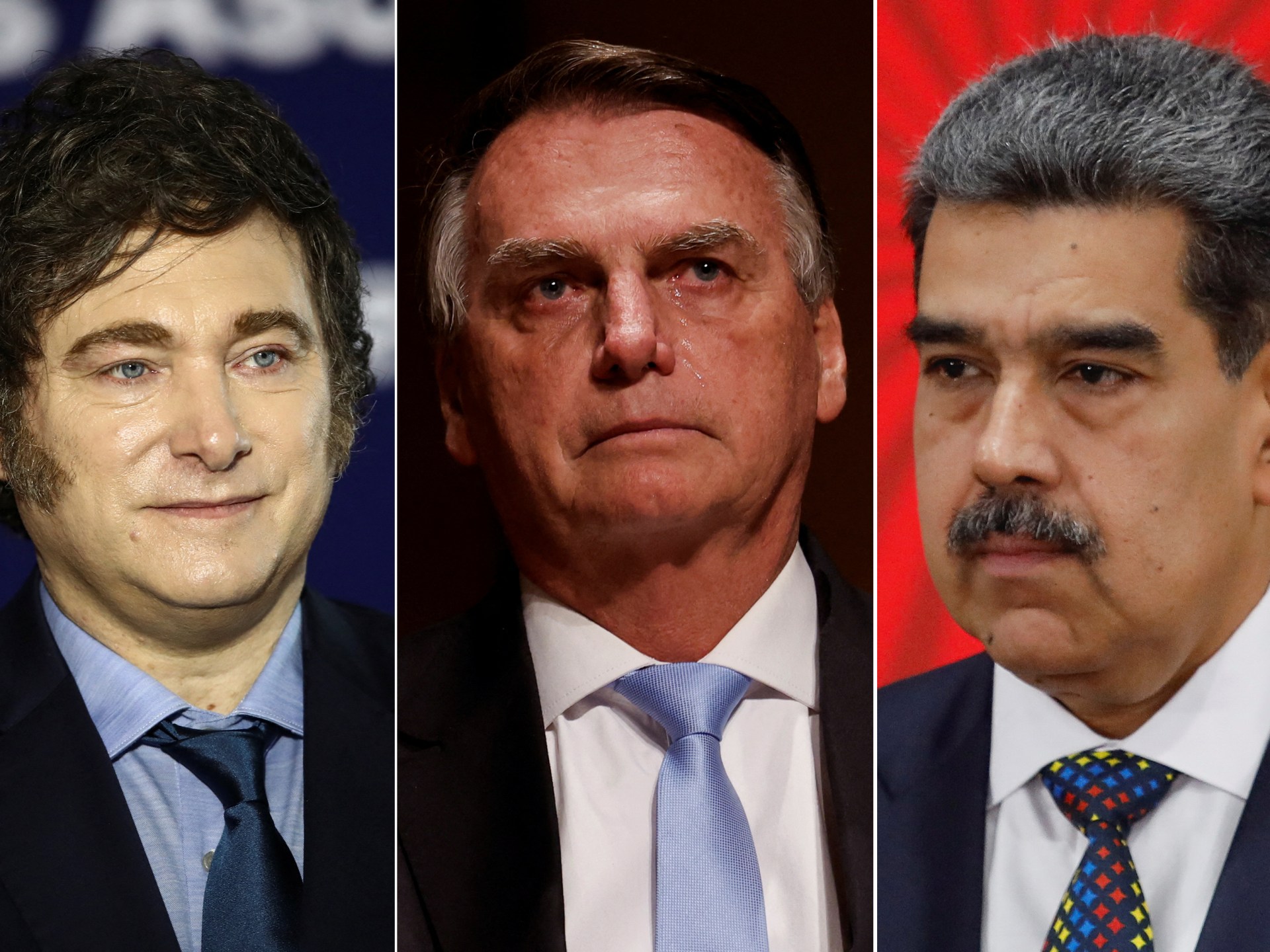
The presidential election in the United States has dominated global headlines for much of the past year.
From opinion polls to rallies and the barbs traded on the campaign trail, all eyes were turned to the showdown between Democrat Kamala Harris and Republican Donald Trump on November 5.
Since Trump’s decisive victory, much of the world has shifted its focus to analysing what the former US president has planned for his second term in office, set to begin in January.
But 2024 has not only been about Trump and American politics.
The past year saw a slew of critical developments in countries around the world, from Israel’s deadly bombardment of the Gaza Strip to the devastating war in Sudan and the recent ouster of Syrian President Bashar al-Assad.
In the Americas region, 2024 was marked by changing political landscapes, crackdowns on dissent, deadly violence and the effects of a worsening climate crisis.
Here’s a look at seven stories that shaped the Americas this year.
Venezuela’s disputed election
Mass protests broke out in Venezuela after longtime President Nicolas Maduro was declared the winner of a third term in the country’s July 28 presidential election.
With the government refusing to release the usual voting tallies, the opposition published its own documents that it said proved Maduro had claimed victory through fraud.
Public anger at the results spilled into the streets for weeks after the race was called. Police fired tear gas and rubber bullets to disperse thousands of demonstrators in the capital, Caracas, and other cities.
Human Rights Watch reported that at least 23 protesters or bystanders, as well as one National Guard member, were killed in the government crackdown. Thousands of Venezuelans also were arrested.
Maduro blamed the protests on his political opponents and foreign powers, accusing them of seeking to destabilise the South American country. He has promised to release full vote tallies but has yet to do so.
In early September, a Venezuelan judge issued an arrest warrant for opposition presidential candidate Edmundo Gonzalez, who had gone into hiding following the vote. Gonzalez has since fled to Spain, where he requested political asylum.
“We are witnessing an intensification of the state’s repressive machinery in response to what it perceives as critical views, opposition or dissent,” Marta Valinas, chair of a United Nations fact-finding mission on Venezuela, said in a report on September 17.
Haiti gang violence soars
Over the past 12 months, Haiti has experienced a deepening political, security and humanitarian crisis as authorities struggle to stem a wave of deadly gang violence.
In late February, the situation deteriorated when powerful armed groups launched coordinated attacks on prisons and other state institutions in the capital, Port-au-Prince. The gang leaders demanded the resignation of unelected Prime Minister Ariel Henry.
Henry stepped down in March, and a transitional presidential council was formed with the goal of leading Haiti’s political transition and organising elections. The council then named an interim prime minister, Garry Conille, in May.
But the violence continued across Port-au-Prince, forcing tens of thousands of Haitians to flee their homes in search of safety. Access to adequate food, healthcare and other services was severely restricted, and reports of massacres, rape and other violence were frequent.
The deployment of a UN-backed, Kenyan-led police mission has done little to halt the gangs, which are now believed to control about 85 percent of the Haitian capital. Observers say the deployment is understaffed and lacks resources.
Meanwhile, political infighting between the transitional presidential council and Conille’s interim government led to the prime minister’s ouster in November. An interim prime minister, Alix Didier Fils-Aime, was appointed in his stead.
Brazilian police say Bolsonaro involved in coup attempt
In November, police in Brazil announced bombshell allegations against former far-right President Jair Bolsonaro.
The case centres on an alleged conspiracy to overturn Bolsonaro’s narrow defeat in the 2022 election.
Police accused Bolsonaro of taking part in a failed scheme aimed at preventing his left-wing rival, current President Luiz Inacio Lula da Silva, from taking office following their closely fought race in 2022.
They said in a statement that Bolsonaro and 36 other people, including some of the ex-president’s aides and former government ministers, had planned the “violent overthrow of the democratic state”.
Bolsonaro, a former Brazilian army captain who served as president from 2019 to 2022, has denied any wrongdoing and said he is the victim of a political witch hunt. He has promised to mount a legal “fight” in his defence.

Sinaloa violence surges after cartel boss’s arrest
It was a big year in Mexican politics, as the country held the largest election in its history and Claudia Sheinbaum became its first female president.
But the election was also one of Mexico’s bloodiest – in part because of the influence of the country’s prominent drug-smuggling cartels.
One state where the violence continues to rage is Sinaloa, in the northwestern part of the country. There, rivals within the Sinaloa Cartel have been battling to fill the power vacuum left after co-founder Ismael “El Mayo” Zambada Garcia’s arrest.
US authorities detained Zambada on July 25 along with Joaquin Guzman Lopez, one of the sons of another co-founder of the cartel, Joaquin “El Chapo” Guzman.
Zambada has said he was kidnapped and taken against his will to the US, where he pleaded not guilty to a slew of criminal charges, including murder and drug trafficking.
The deteriorating situation in Sinaloa has posed one of the first major challenges to Sheinbaum since she took office in early October, succeeding her mentor and fellow Morena Party leader Andres Manuel Lopez Obrador.
Jacobo Quintero, a restaurant owner in Culiacan, the state capital, told Al Jazeera in September that the city had been brought to a standstill as residents were afraid to leave their homes amid the violence.
“We’ve got about 15 percent of our usual customers,” he said. “People don’t want to come out because there are risks. They’re scared.”
Energy crises hit Ecuador, Cuba
Ecuador, which has long grappled with a surge in violence linked to drug trafficking, faced another dangerous threat this year: the effects of climate change.
A regional drought worsened by the El Nino weather phenomenon forced Colombia to cut off electricity exports to the country in April, spurring a crisis for Ecuadorian President Daniel Noboa.
The situation further deteriorated as record wildfires broke out near the capital, Quito, as well as in other parts of the country. In November, Ecuador declared a 60-day state of emergency to help mobilise funds to respond to the blazes.
The drought — widely viewed as the worst to hit Ecuador in decades — has hampered water levels at the hydroelectric dams that power much of the country. The authorities have ordered hours-long daily power cuts as they urge residents to conserve electricity.
A similar crisis has unfolded in Cuba, where authorities have imposed rolling daily blackouts in an effort to shore up dwindling supplies of electricity on the Caribbean island.
Cuba’s national power grid collapsed several times in 2024, leading to a number of nationwide blackouts over several weeks between October and early December.
The country’s power plants are ageing, and the Cuban authorities have struggled to get enough oil to keep them running amid shrinking imports from Russia, Venezuela and Mexico.
Powerful storms also knocked out the grid in October and November as they lashed Cuba with strong winds and storm surges.
Canada accuses Indian agents of being involved in Sikh activist’s killing
A simmering diplomat row between Canada and India reignited in October when Canadian officials said they had evidence showing Indian government agents took part in activities that threatened Canadian national security.
The federal Royal Canadian Mounted Police said it had found evidence Indian agents participated “in serious criminal activity in Canada”, with links “to homicides and violent acts” and interference in democratic processes, among other things.
Ties between Ottawa and New Delhi soured in 2023 after Prime Minister Justin Trudeau said Canada was investigating possible ties between India and the killing of a prominent Canadian Sikh separatist leader, Hardeep Singh Nijjar.
The allegations sent shockwaves across the country and spurred an angry response from New Delhi, which rejected them outright.
After the latest accusations were made public in October, Canada ordered the expulsion of six Indian diplomatic and consular staff. Foreign Affairs Minister Melanie Joly said the individuals were considered “persons of interest” in Nijjar’s case.
In a tit-for-tat move, the Indian government also ordered six Canadian consular staff to leave.
India’s Ministry of External Affairs vehemently rejected Canada’s allegations, saying in a statement that “on the pretext of an investigation, there is a deliberate strategy of smearing India for political gains”.
Argentina’s poverty rate soars
Poverty has soared in Argentina over the past year as far-right President Javier Milei — sworn in at the end of 2023 — pursued his libertarian economic agenda and slashed government programmes.
“This is very hard. Before, we had a home. We had access to subsidies. But [the government] suddenly took everything away,” Marianela Abasto, 24, recently told Al Jazeera at a soup kitchen in the capital, Buenos Aires. “I don’t know what we are going to do.”
Milei’s hardline reforms have drawn major protests nationally, with thousands taking to the streets in June over planned austerity measures.
Yet despite the pushback, the Argentinian president has retained his supporters, and he continues to be held up as a success symbol for the global far right.
![Argentine President Javier Milei gestures after delivering a speech during the Americas Society/Council of the Americas conference in Buenos Aires on August 14, 2024 [Juan MABROMATA / AFP]](https://www.aljazeera.com/wp-content/uploads/2024/08/milei-1724394002.jpg?w=770&resize=770%2C513)
